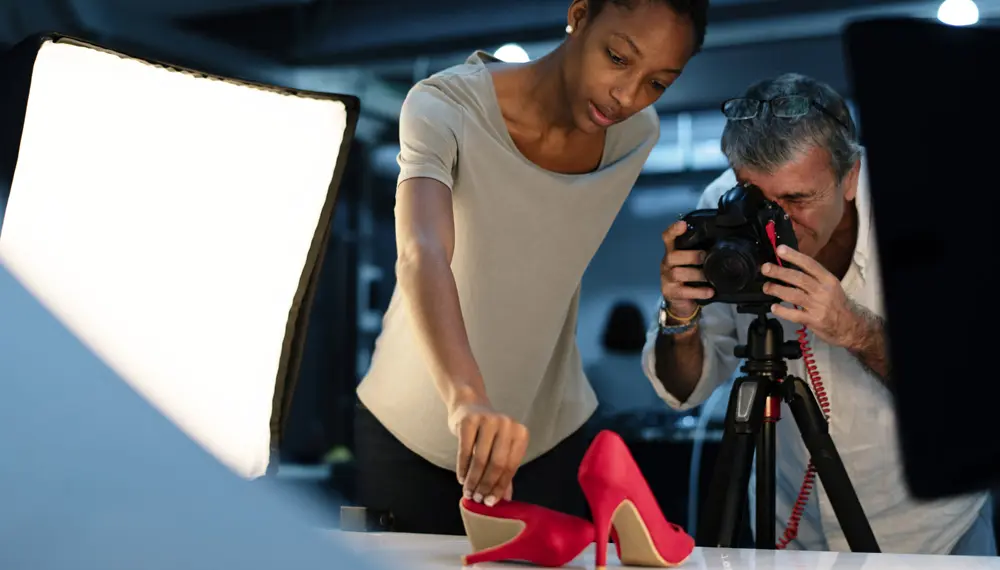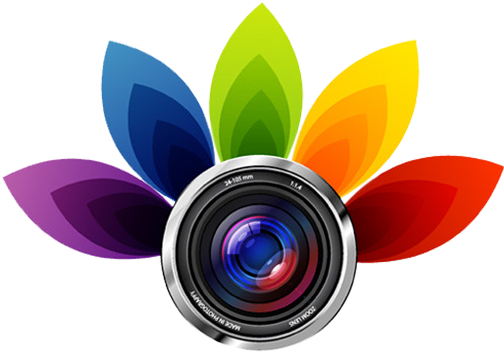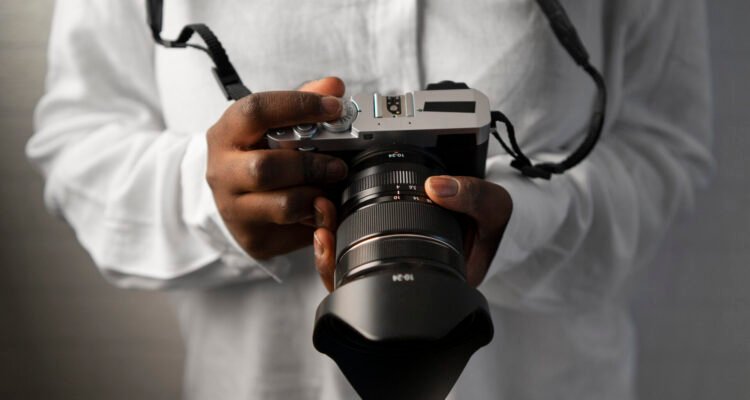Explore the unexpected factors that impact photographer salary. Understand how industry trends, specialized skills, geographical…

Top 16 Macro Photography Tips to capture the Details
Macro Photography is a unique way to catch the details of something that is not easily captured by the eyes. For many photographers, macro photography is a dream to achieve the art of capturing something beautiful with the camera. It’s more than magic to capture such tiny details with perfect lighting and angle. If you want to become a professional macro photographer and do macro photography at a high-level, then you need to learn from the experts.
This guide covered details about macro photography and the top 16 macro photography tips to capture the details like a professional.
What is Macro Photography?
Macro Photography is a type of Photography where a photographer captures photos of small objects in the most beautiful way. Macro Photography lets us see the objects with all the minor details that are not easily captured by human eyes. This type of photography is specifically used to highlight the jewelry’s details that catch the buyer’s attention when seeing the beauty of the details in photos. With macro photography, any photographer can showcase an object larger than real life by taking close-up shots. Macro Photography requires in-depth focus, right distance, and perfect angle.
Top 16 Macro Photography Tips to Capture the details
We’ve handpicked the top 16 tips that help you to do advanced macro photography like a professional:
1. Choose the Right Macro Lens
Nowadays, many cameras offer in-built macro mode options but not as much as 1:1 magnification. If you want to become a professional Macro Photographer and capture high-quality, detailed, and beautiful macro photos, then you need the right macro lens for your camera. Make sure to pick a macro lens that offers 1:1 magnification with a close focusing distance of around 90-105mm. Also, you must keep the budget in mind to pick the best macro lens for your camera. Some of the popular & budget-friendly macro camera lenses are Canon EF 100mm, Sigma Macro 105mm, Nikon Z MC 105mm, Fujifilm XF 80mm, and many more.

2. Consider Location & Weather
When you’re planning to do macro photography, it’s essential to consider location and weather conditions. There are so many purposes you can do macro photography like nature, products, jewelry, and many more. You can manage using artificial light and setup if you’re doing an indoor shoot. But outdoor macro photography requires shiny weather and the best location, like nature with many flowers and plants. If you’re a nature lover, you can shoot tiny insects and flowers to capture beautiful details.
3. Flash
Macro Photography requires a flash to spread some lights on the object you’re capturing to make the object shiny and let the details come out more effectively. Whether you can use the camera’s flash or, if required, you can use natural lighting by doing macro photography near the window with 1:1 magnification. But try to avoid camera flash in macro photography because it spreads over lighting that can affect the quality of photos. Macro Photography requires smooth lighting, and that’s why you can use artificial lighting to manage the lighting balance.
4. Use a Tripod
Tripod is one of the essential equipment that is required for macro photography. A Tripod is essential to capture detailed, high-quality, and stable photos. There are different types of Tripods available, but you need to pick a Tripod specifically for macro photography. For Macro Photography, you must choose a tripod that provides stability and perfect angle.

5. Control Depth of Field
In Macro Photography, Photos need to focus completely on the object details and let the background blur. So that object looks more clearly, smoothly, and in detail after macro photography. By using an f/2.8 camera, you can focus on the depth of field of the object and capture some beautiful macro photos.
6. Use Shutter Speed
Shutter Speed is essential and risky in macro photography because when you are doing shutter speed photography, there are high chances of a handshake while capturing photos. But shutter speed helps photographers capture beautiful shots and completely focus on the details of the object.
7. Shoot Manually
When you’re doing macro photography, then make sure that you’re manually using your camera to do macro photography. You can manually take your camera focus to the object details, enhancing the object’s visibility and making macro photos more attractive.

8. Customize the Background
To enhance the object’s beauty in macro photos, it’s essential to handle the perfect angle, lighting, and background. When you’re manually focusing on an object, then make sure to blur the background or keep it plain while doing macro photography. However, if you’re doing outdoor macro photography, you can’t change the background, but you can manually focus on the object that blurs the background and enhances the visibility of the details more sharply.
9. Focus on the details
Now you’re completely ready to capture an Object photo with a macro lens, perfect angle, and shutter speed photography. So make sure that your camera focuses on the details of the object when you’re ready to capture the photo.
10. Try Different Angles
Macro Photography is the art of trying and exploring different angles to capture beautiful photos that show tiny details of the object. So you need to explore different angles like side, front, back, or below and see where you’ll capture the tiny details of the thing most attractively.
11. Use Extension Tubes
Macro photographers mostly use Extension Tubes to begin their journey with macro photography. These extension tubes help photographers take the camera nearly to the object to capture its details. If you have a simple camera lens, it’s better to buy a macro lens. Extension tubes can take close shots of the object and capture beautiful details.
12. Use ISO settings
By using ISO settings, it’s easy to adjust the exposure for macro photography. You can increase the ISO value and use shutter speed photography to capture the motion object details more smoothly and beautifully that the eyes cannot capture easily. You need to use ISO settings and shutter speed photography only when you need to do macro photography for small objects in motion.

13. Use Mirror-lock up or remote release
When doing macro photography using a DSLR, a photographer faces some vibration and shakes because holding the camera for a long period can cause blurred or shaking photos. So the best solution is to set your camera with an auto timer or use a wireless remote to capture photos without worrying about the camera shaking.
14. Take lots of Photographs
As a macro Photographer, you can’t rely on one shot and consider it a perfect shot. Once you’ve set your camera at the perfect angle and are ready to capture photos, try capturing so many photos. It helps you to find the best one-shot.
15. Move your camera, not Focus
Many beginner macro photographers make the mistake of moving their camera’s focus instead of the camera itself. Because the main element of macro photography is the focus, you can’t afford to lose the focus on the object. So next time, try to move the camera instead of camera focus.

16. Exposure in Camera Settings
If you’re doing macro photography, you need to change your camera settings for better macro photography. To capture high-quality, better lighting and detailed focus on objects – make these changes in your camera’s settings:
- Exposure mode – manual exposure mode
- ISO – Use ISO within a range of 100 to 1600 (based on your camera’s ability to handle without blurred)
- Aperture – For smaller objects, use, Aperture f/14 to f/22 and others for large objects.
- Shutter speed – The most preferred shutter speed for macro photography is 1/200s to 1/250s (when the flash is turned on). If flash is turned off, then it is 1/20s to 1/100s.
These are the top 16 macro photography tips that help you to become a professional macro Photographer.
Conclusion
Macro photography is a very artistic and creative field for photographers, and many have dreams of capturing beautiful macro photos. Following the tips, you can do professional-level macro photography and capture macro photos. We hope this article helps you to learn some experts’ given tips and the best way to capture macro photos like a professional.



